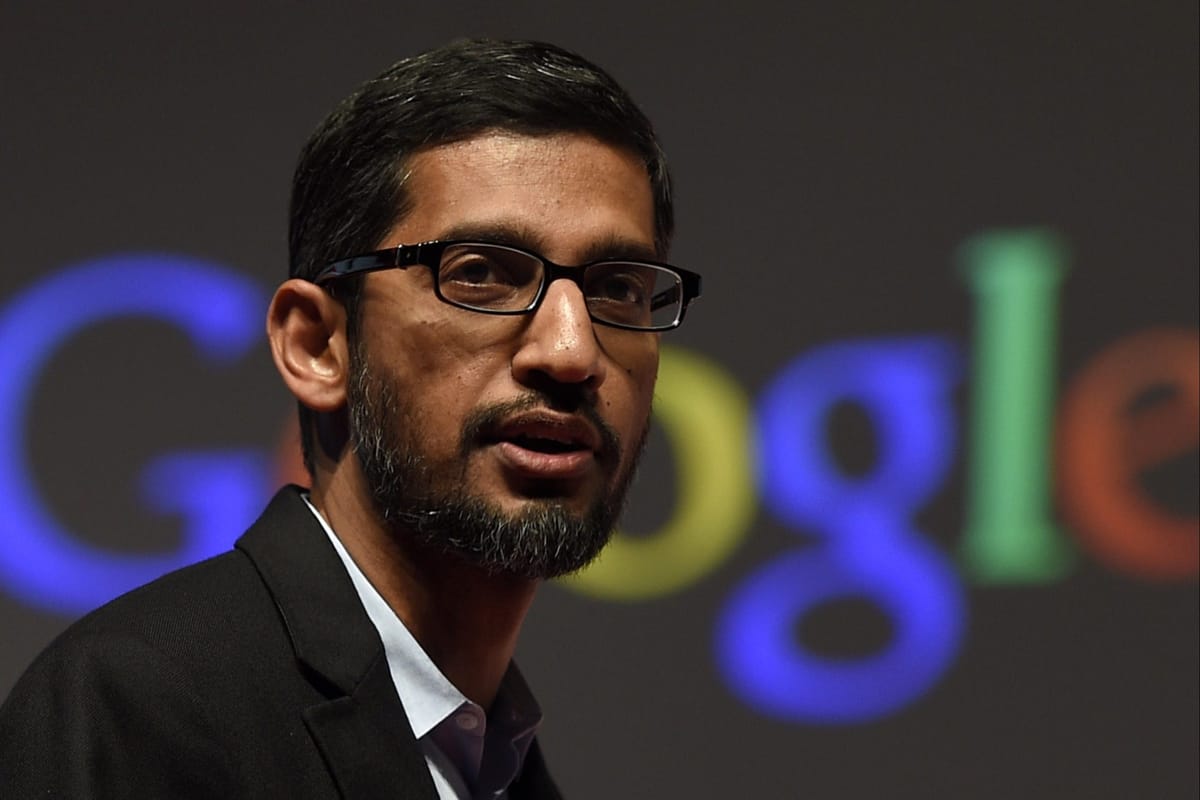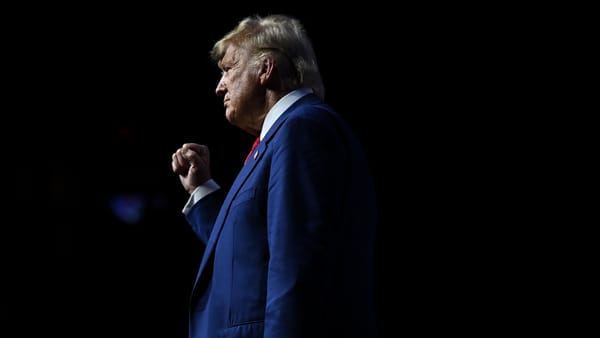No More Layoffs with a Payoff: It's Time to Freeze CEO Salaries

Thousands of jobs get slashed, but CEO payouts keep growing. Why are workers bearing the brunt while execs walk away richer than ever? Here’s how to fix the “shared sacrifice” myth.
You know what sucks?
As companies slash jobs by the thousands, their CEOs continue to pocket millions.
In 2022-2024, layoffs ripped through industries, with tech and retail giants cutting roles at unprecedented levels. But during the same period, the people making these decisions—the ivory tower dwelling CEOs— saw their paychecks get fatter.
Example: Sundar Pichai, CEO of Alphabet, took home over $225 million in 2022, a staggering increase. But in January 2023, Alphabet announced plans to reduce its global workforce by 12,000 positions, representing about 6% of its employees.
Tell me there's nothing wrong with that.
If an organization sheds a significant percentage of its workforce to “right the ship” financially, shouldn’t CEOs also feel some financial impact? If the buck stops with them, shouldn't the fuck start with them too?
Here's a straightforward solution: freeze CEO pay and stock options and prevent stock sales for a year following any layoffs that exceed 5% of the workforce.
It's Called a Shared Sacrifice. Ever Heard of It?
When layoffs happen, companies bloody love to invoke the idea of “shared sacrifice.” But when executives walk away with hefty pay packages intact, that concept starts (cough) to feel hollow. If a sacrifice is actually shared, it should be seen at every level—not just among the workforce.
Insulating CEOs from the financial consequences of layoffs sends a message of detachment, eroding trust and making it clear that accountability stops short of the top.
But it doesn’t have to be this way.
Back in 2013, in the wake of the Wii U, Nintendo was struggling and facing the same pressure to slash jobs that today's tech giants love to cave to. They reported an operating loss of ¥36.4 billion (approximately $366 million) for the fiscal year ending March 31, 2013, marking a second consecutive year of operating losses.
But their CEO, Satoru Iwata, took a different path to the Patagonia Pack of today. Instead of showing workers the door, he slashed his own salary in half.
This wasn't just for show – Iwata had been living Nintendo's values since day one. He started as a programmer, coding games on night shifts, and never forgot what it meant to be in the trenches. When times got tough, he did his best to protect his people – and put his money where it mattered. He wasn't alone – other Nintendo executives followed his lead, taking 20-30% pay cuts.
The result? Nintendo kept its talent, maintained its legendary company culture, and bounced back stronger. Iwata proved what real leadership looks like: not maximizing your own paycheck while others suffer, but standing shoulder to shoulder with your team when the storm hits. Today's tech CEOs could learn a thing or two from his playbook – if they could see past their next stock option package.
Impact on Employee Morale and Productivity
Watching your colleagues pack up their desks is brutal enough. But knowing the CEO is still cashing million-dollar checks? That's the kind of thing that makes your best people update their LinkedIn profiles.
Want to know what really works? Leadership that leads by example. The data backs this up: 82% of companies where executives took pay cuts found ways to reduce costs that went beyond just firing people – like furloughs and shared sacrifices.
It might be mostly symbolic – the CEO isn't exactly clipping coupons – but it matters. It's the difference between "we're a family" being corporate fuckery and actually meaning something.
When employees feel like there's actual fairness at play, they'll stick around – and they'll give a shit. That's the kind of loyalty you can't buy with ping-pong tables and free pizza.
Public Perception and Company Reputation
In 2024, a CEO's tone-deaf payday can torpedo your brand faster than a viral tweet. Observers and analysts aren't buying the old excuses anymore – they're watching, screenshot-happy, and ready to call bullshit.
And they're not alone: shareholders are finding their spines and calling out short term pump and dump layoffs, activists are naming names, and potential hires are doing their homework.
Try explaining to your customers why they should trust a company that hands out million-dollar bonuses while showing thousands the door and trashing the customer service and relationships they rely on.
Good luck recruiting top talent when your Glassdoor page is flooded with stories about executive greed.
Actions speak louder than PR statements, press releases and fluff. When CEOs actively share financial hardships during challenging times, by reducing their own compensation, it actually enhances public perception of the company. Research from Harvard Kennedy School indicates that firms maintaining employee pay while cutting executive salaries receive more favorable consumer reactions, leading to increased customer loyalty and trust.
So much for the myth that you need to pay executives like Kingpins to keep the ship afloat. Maybe there's something to this whole "practice what you preach" shtick after all.
The Challenges and Considerations
This all sounds simple on paper.
But the devil's in the details, and there are plenty of devils to go around.
Cutting 5% at a tech giant with 100,000 employees hits different than slashing 5% at a 100-person startup. And some industries are more capable of running lean while others are built like Fortune 500 tonne trucks. One size doesn't fit all.
We need smart, flexible governance that understand the difference between Amazon and your local software shop. Because if we're going to hold CEOs accountable (and we should), we need a system that's both fair and actually works in the real world – not just another well-meaning policy that falls apart in practice.
Enforcement Mechanisms
Look, I'm not naive.
CEOs and their armies of lawyers can and will always find loopholes. Sure, you freeze the base salary – then watch as "performance bonuses," "strategic consulting fees," and "long-term incentive packages" magically appear like rabbits from a hat. Or rats from a sewer.
Could boards of directors police this? Maybe – if they weren't usually golfing buddies with the CEO. Regulatory bodies? Most of them couldn't catch a fish in a barrel, let alone a CEO playing three-card monte with their compensation package.
What we need are rules with actual teeth, not corporate kabuki theater. Make the numbers public. All of them. No more hiding golden parachutes in footnotes or burying bonuses in bureaucratic word salad.
Something's deeply broken when CEOs can fire thousands on Tuesday and celebrate their bonus on Wednesday. The gap between the corner office and the cubicle farm is becoming a canyon. And with each round of layoffs paired with executive windfalls, that canyon gets deeper and uglier. And more filled with shit. I don't know, this one's getting away from me.
If you're asking your people to take the hit, you better be ready to take one too. It's not just about fairness – though God knows we need more of that. This is about building companies that can sustain themselves and thrive in a world where profits and principles aren't enemies.
Because if your business model requires throwing workers under the bus while executives count their millions, you don't have a business model – you have a moral failure.




